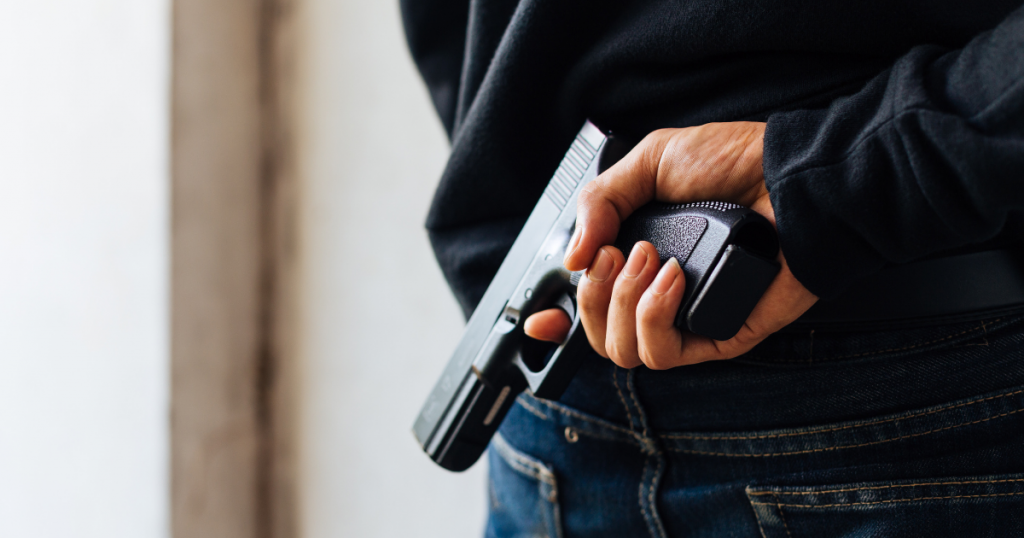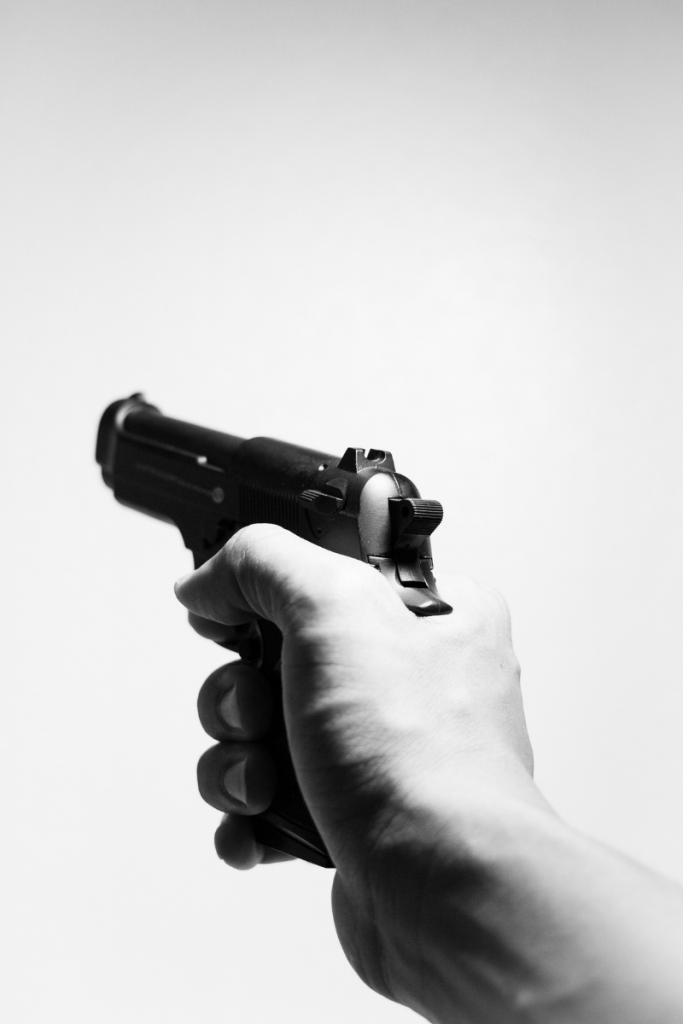Facts:
JW was charged with possession of an unauthorised pistol (maximum penalty 14 years) under section 7 of the Firearms Act 1996 (NSW). He was on a section 9 good behaviour bond at the time of the offence. He had previously had a suspended sentence imposed in respect of an unrelated matter, which had expired. JW had a history of drug use.
JW wanted to plead guilty to the offence. O’Brien Solicitors had the matter adjourned so that JW could be assessed for the Magistrates Early Referral Into Treatment (MERIT) program, which is for drug users. JW was assessed as suitable for MERIT and successfully completed the program. He then gained admission into a full-time residential rehab.
Outcome:
O’Brien Solicitors successfully argued that a custodial sentence was not appropriate and JW was sentenced to a 9 month suspended sentence.
Testimonial
“I was so lucky not to have been sentenced to imprisonment for that offence. I was scared of going to jail for the first time. My parents are going to be so relieved. Thank you.” – JW
Facts:
The police executed a search warrant over a semi-rural property containing a group of locked and unlocked caravans. In one of the unlocked caravans, the police found a pistol inside of a bag containing a number of items including fake ID documents with XP’s photograph. The pistol wasn’t registered or licensed to any particular individual.
The police charged XP under the Firearms Act 1996 (NSW) with unauthorised possession of a pistol. Their argument was based on section 4A of the Act. This provides a deeming provision that if a firearm is found in a place that a person owns, leases, occupies or is a place where the person has the care, control or management of, the onus of proof is reversed. As a result, the accused must satisfy the jury on the balance of probabilities that they did not know and could not reasonably have been expected to know the firearm was in the premises.
It was alleged by the police that because XP was in the caravan earlier that day, even if it was only for 45 minutes, therefore he was in occupation of the premises. Consequently, the onus of proof was on him.
Outcome:
At the end of the Crown case, O’Brien Solicitors and Counsel successfully made representations to the Judge for a directed verdict. This was on the basis that the evidence could not prove that XP occupied that caravan under the law.
Significantly, there had been no authority in NSW on what ‘occupation’ was defined as in the context of section 4A. As a result, the defence drew on persuasive authority from Victorian case law on similar legislation to argue that to occupy the premises an accused must have the ability to exclude others from accessing the space.
This meant that just because XP was in the caravan earlier that day, that did not mean he could exclude others from the caravan, and therefore he did not occupy the premises to satisfy section 4A.
The Judge determined that these submissions were correct and applied the law as determined by the Victorian authorities. The Judge directed the jury to enter a verdict that XP was not guilty of the charges by reason that there was no evidence to support an important element of the Crown case as a matter of law. By addition, this case formed new legal ground in NSW for future cases on what ‘occupation’ may mean in the Firearms Act 1996 (NSW).
DJ was travelling in a car with two other men, when police stopped and searched the vehicle. On the backseat of the car, the police located a backpack which DJ indicated was his. Inside the backpack, police found a piece of timber which was a sawn-off part of a firearm. They also found a yellow plastic bag containing a shortened firearm in the vehicle’s engine bay. DJ was arrested and cautioned.
Outcome:
As instructed by DJ, we entered a guilty plea for one count of possess a prohibited firearm and one count of not keep prohibited firearm safely. Due to entering a guilty plea to these charges, additional charges were withdrawn and dismissed. We negotiated with the Prosecution and were able to withdraw allegations that DJ intended to sell the firearm. We also successfully argued a number of sentencing submissions. These included:
the offence falling within the mid to lower range of objective seriousness,
no priors for firearm offences,
the guilty plea at trial
and necessary consideration of DJ’s mental health rehabilitation.
Facts:
NZK was charges with two offences, one relating to the firing of a firearm in a public place and the other relating to an attempted break and enter. NZK plead guilty to the offences, and the case proceeded to a sentencing hearing.
Outcome:
The defence entered comprehensive submissions in relation to NZK’s sentence. The sentencing judge took into account the fact that NZK was already serving a sentence in relation to the offences. The judge also took account of NZK’s impressive presentation during the hearing, and formed a favourable opinion on NZK’s remorse and prospects for rehabilitation.
NZK was sentenced to a relatively short sentence, given the objective seriousness of the offences. The sentence was backdated to take into account the time already served, and NZK will be able to apply for parole in the next few years.




